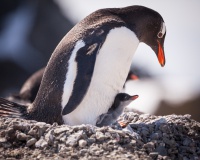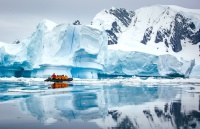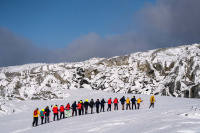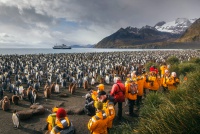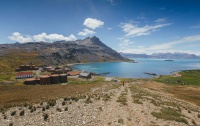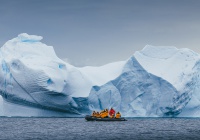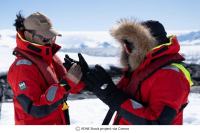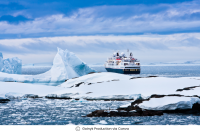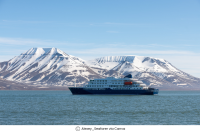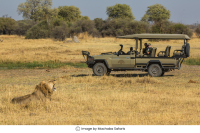-
Travel to Antarctica - Positive Impact While Travelling With Citizen Science Programs
What if we told you that by travelling to Antarctica, you could contribute to the preservation of this ecosystem? Picture yourself exploring the last untouched continent, where every step you take supports crucial scientific research and conservation efforts.
Your journey not only offers breathtaking views of glaciers and unique wildlife but also leaves a positive, lasting impact on one of the world’s most vulnerable environments. Through Citizen Science Programs, your adventure becomes more than just an experience - it becomes a commitment to safeguarding Antarctica for future generations.
Now, when we think of citizen science projects, many questions come to mind. At its core, citizen science is about people like you and me participating in scientific research that matters - whether it’s the environment, the oceans, or even public health. It gives science a broader reach, as more eyes and ears contribute to scientific projects, leading to quicker insights and diverse perspectives.
Tourists on expeditions through this frozen wilderness contribute by gathering data. These seemingly small actions help scientists with the ongoing research, making the collaboration between tourism and science an incredibly effective one. With ships and tourists navigating these icy waters, a steady stream of data flows back to scientists, allowing them to continue their essential research.
Let’s know more about the Citizen Science Programs in detail.
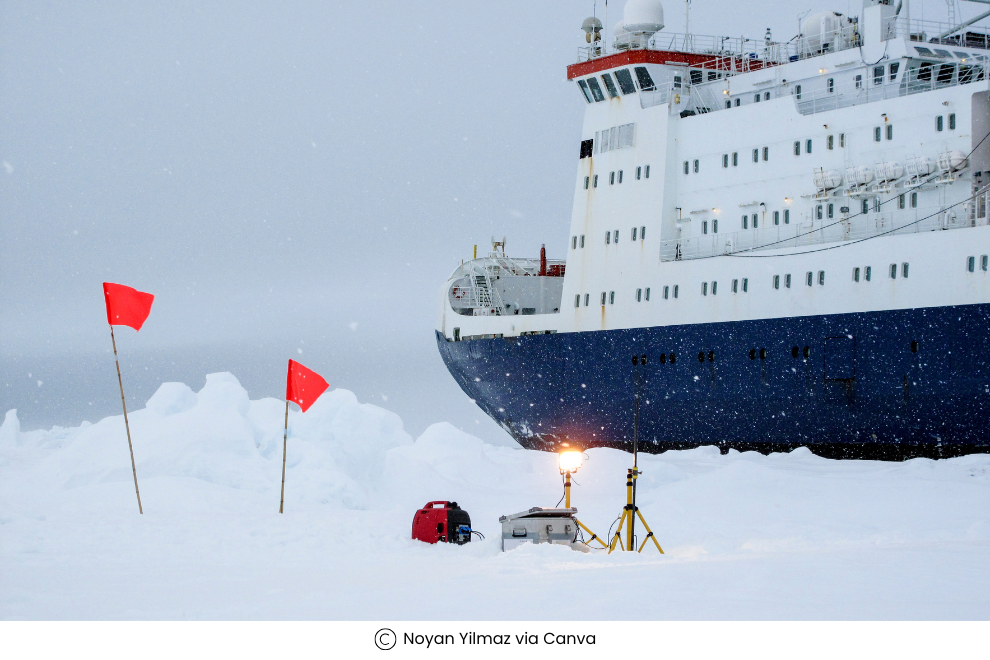
How do these programs contribute to Antarctic exploration?
1. Supporting Research in Remote Areas:
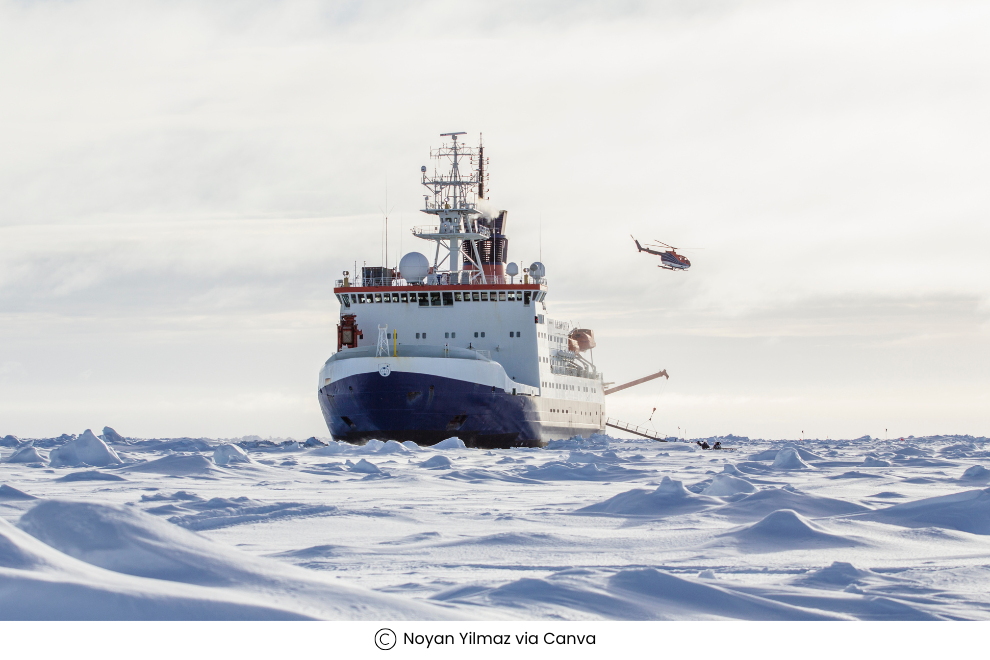
- Data Collection: Antarctica is vast and remote, making it difficult for scientists to cover all areas. Citizen science programs enable travellers to assist in gathering critical data, such as wildlife sightings, ocean temperature readings, or documenting environmental changes.
- Extending Research Reach: By collecting data across different locations, citizen scientists help researchers access information from regions they may not have the resources to study directly.
2. Contributing to Conservation:
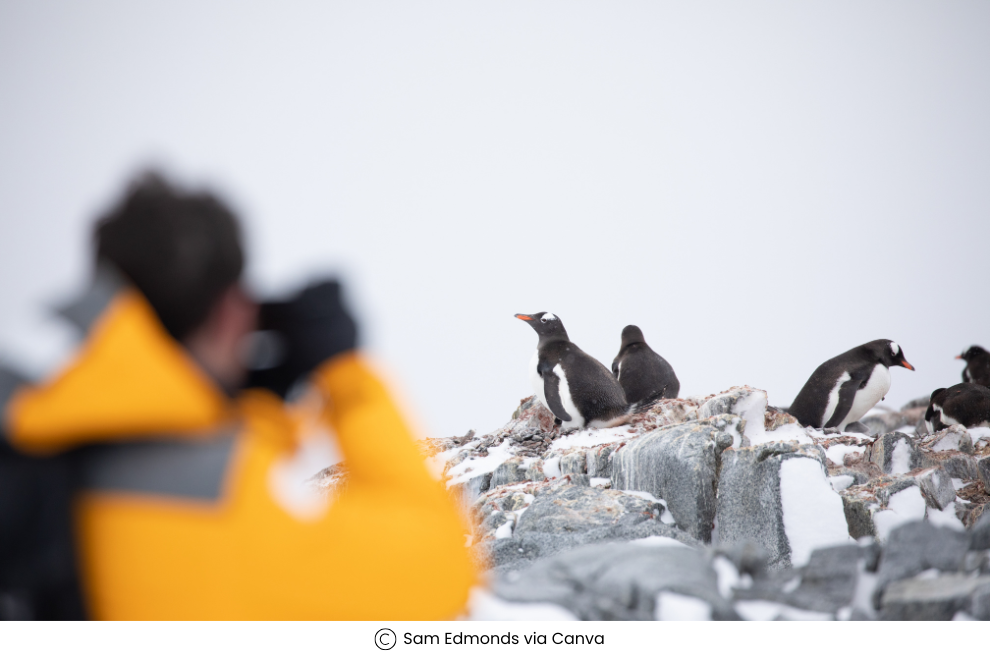
- Tracking Wildlife: While on an Antarctic safari, tourists can help monitor penguin colonies, whale migrations, and other wildlife, providing data that supports conservation efforts and helps protect fragile ecosystems.
- Environmental Monitoring: Travellers can contribute to long-term environmental studies, such as tracking melting ice or plastic pollution, which is vital for understanding climate change impacts.
3. Enhancing Public Awareness:
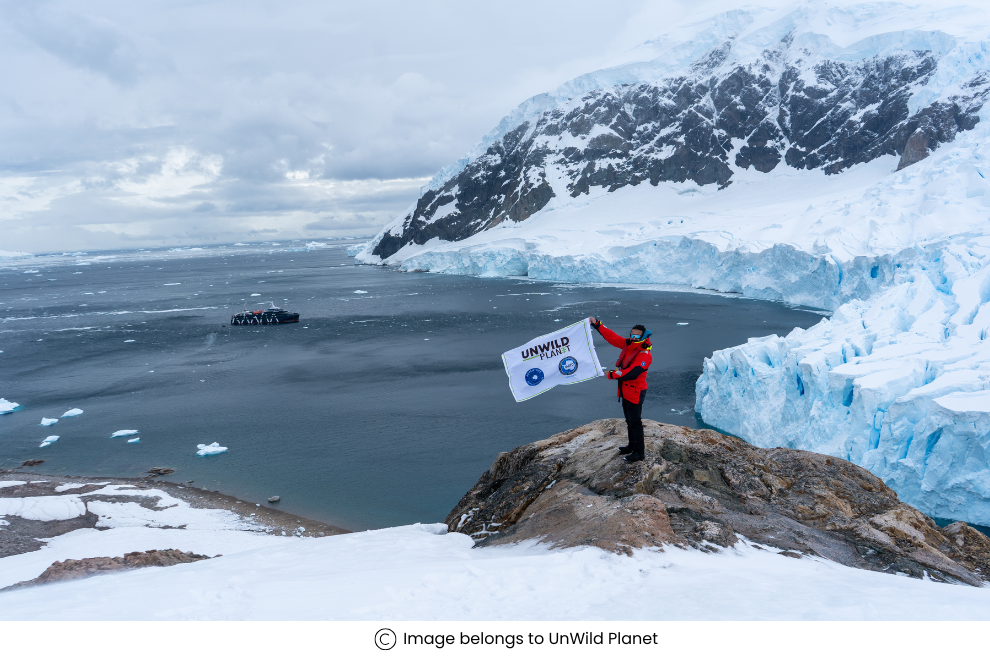
- Active Involvement: Participating in these programs makes travellers more conscious of environmental challenges, fostering a deeper connection with the region and a sense of responsibility toward its preservation.
- Advocacy: Travellers who engage in citizen science are more likely to advocate for Antarctic protection, spreading awareness and promoting responsible travel and conservation.
4. Learning Opportunities:
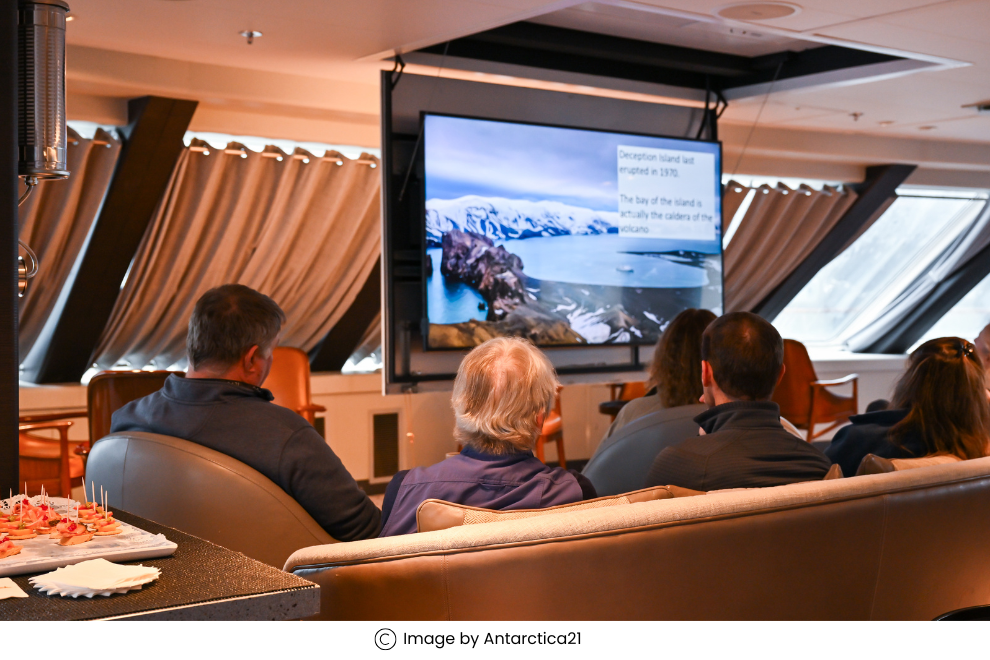
- Hands-on Education: Being part of scientific research in your Antarctica vacation offers travellers a unique learning experience, enriching their trip and allowing them to contribute meaningfully to scientific knowledge.
Why Travellers Should Participate:
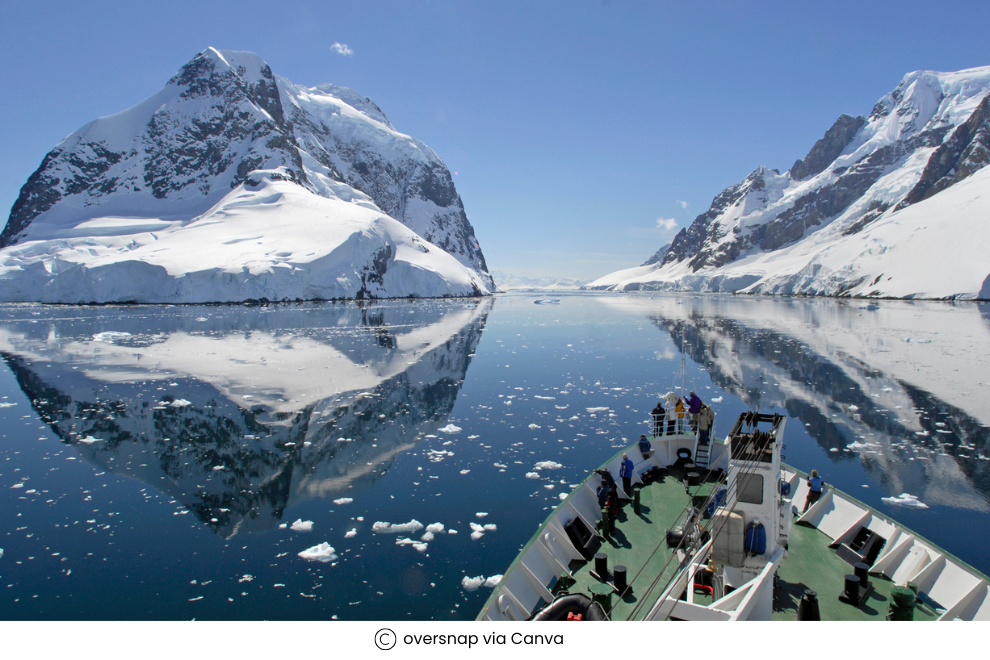
- Personal Contribution: It allows travellers to leave a positive impact by contributing to the scientific understanding of Antarctica's ecosystems.
- Supporting Global Conservation Efforts: By gathering real-time data, travellers play a direct role in global efforts to combat climate change and protect endangered species.
- Raising Awareness: Participation fosters advocacy, encouraging others to recognize the importance of preserving one of the world’s last untouched wildernesses.
Here are some of the most common citizen science projects you can participate in during your trip to Antarctica:We are proud to be India’s only IAATO member for Antarctic Expeditions, and this affiliation offers unique opportunities to participate in impactful citizen science projects. These programs allow our travellers to contribute to meaningful research efforts that focus on climate change, wildlife, and the environment. Here are a few projects that might capture your interest:
Wildlife Observations:
1. Southern Ocean Seabird Survey:
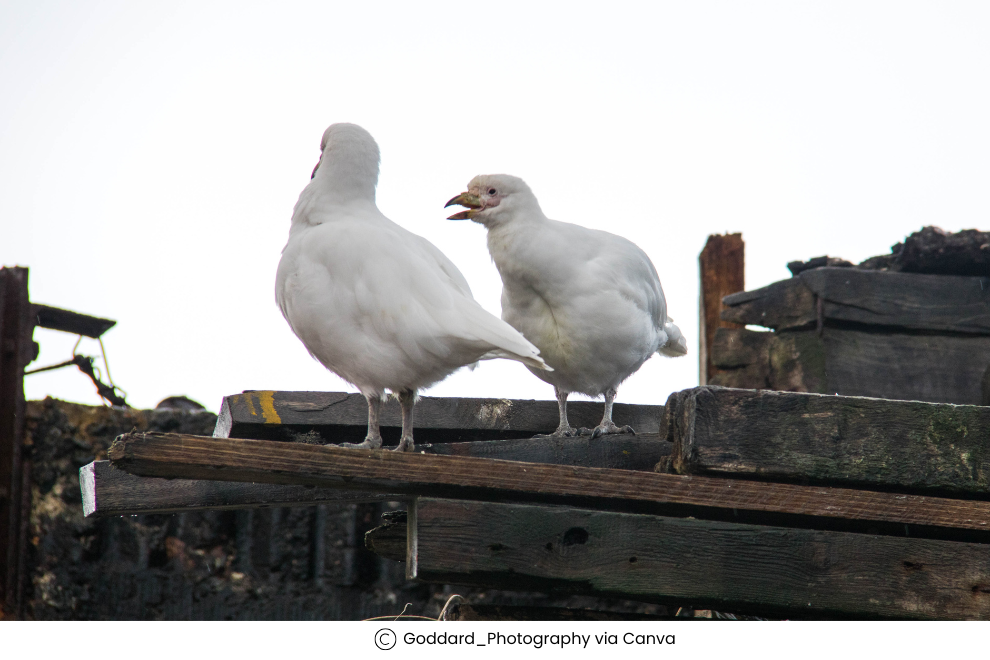
What it is: This survey aims to track seabird populations and their use of habitats in the Southern Ocean. The data collected helps scientists understand seabird distribution patterns, breeding, feeding habits, and how these are influenced by environmental changes.
How to participate: As a traveller, you can join small group seabird surveys guided by an ornithologist. Typically, this involves spending time on deck with binoculars to spot and record bird sightings. The observations made are then shared with researchers studying seabird behaviour and their response to climate changes in the Southern Ocean.
2. Secchi Disk Marine Phytoplankton Study:
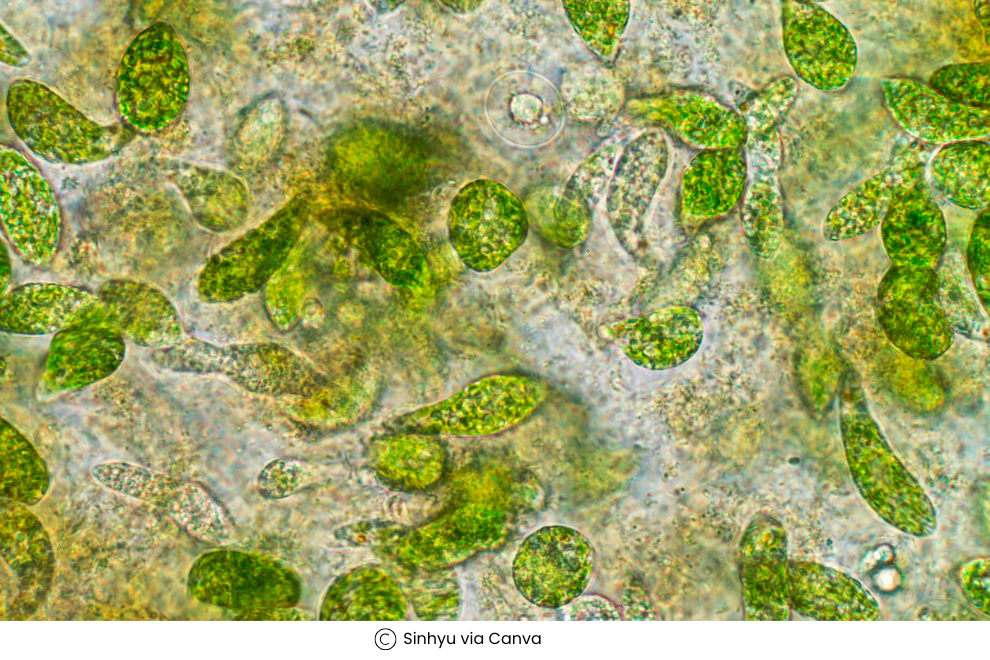
What are Phytoplankton: Phytoplankton are microscopic, photosynthetic organisms found in oceans, seas, and freshwater bodies. They form the base of the aquatic food chain and are crucial for life on Earth.
What it is: Phytoplankton are essential to the marine ecosystem, forming the base of the ocean food chain. This study focuses on how climate change is altering the distribution and abundance of phytoplankton in the Southern Ocean.
How to participate: Travellers use a Secchi Disk—a white disk lowered into the water—to measure the Secchi Depth, which is the point where the disk is no longer visible. This simple method provides insights into water clarity and phytoplankton levels. By recording these measurements, participants contribute to tracking climate change impacts on the ocean's primary producers.
3. Happy Whale:
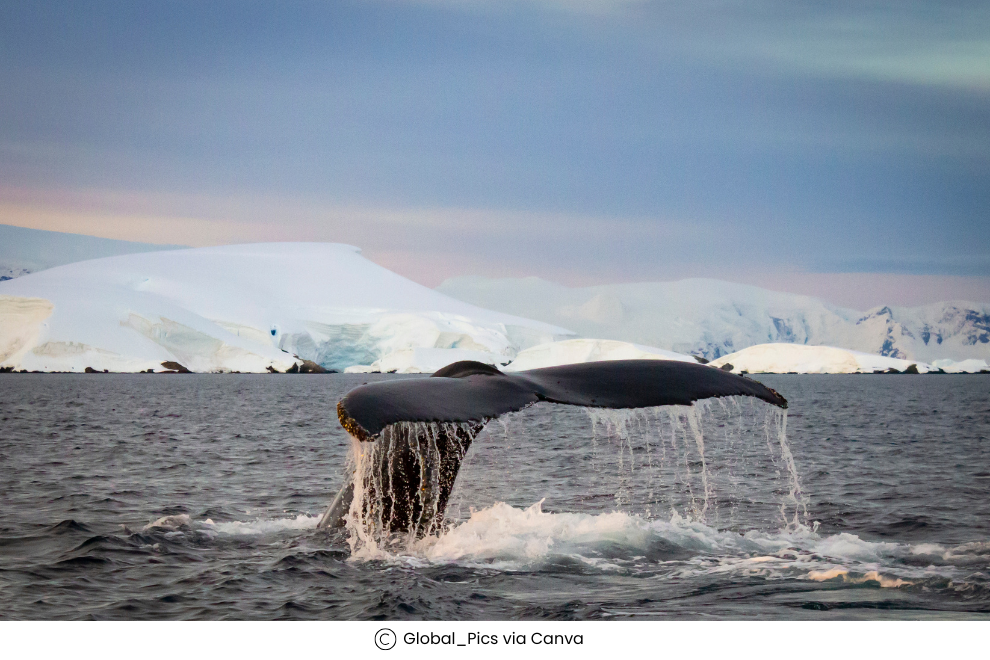
What it is: A global citizen science program that tracks whale migrations by identifying individual whales through photos of their flukes (the underside of their tails). The fluke patterns are unique to each whale, much like a fingerprint.
How to participate: While on whale-watching tours, travellers can photograph the underside of a whale's fluke. These photos are uploaded to the Happy Whale platform, where they are used to track the whale’s journey, contributing to research on migration routes, population health, and behaviour.
4. Counting Penguins with Oceanites:
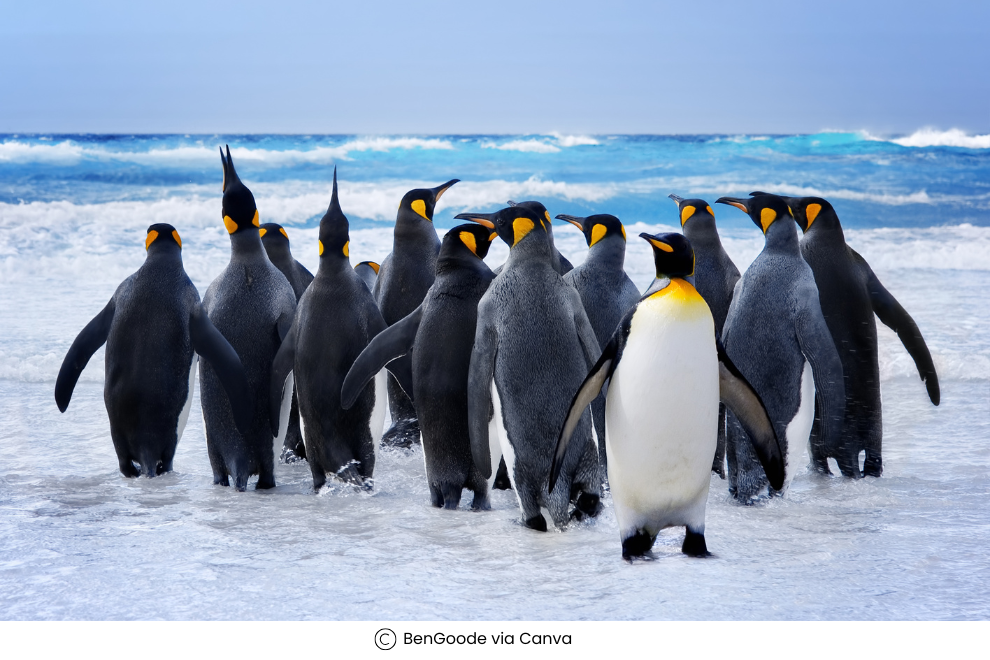
What it is: Oceanites is a conservation organization monitoring penguin populations in Antarctica. The project aims to ensure the long-term survival of penguins by understanding how environmental changes affect their colonies.
How to participate: Travellers can assist by counting penguins at monitored colonies. The data collected helps scientists track population trends, breeding success rates, and the impacts of climate change on penguin habitats.
Weather and Cloud Observation:
1. Cloud Observations for NASA Globe Observer:
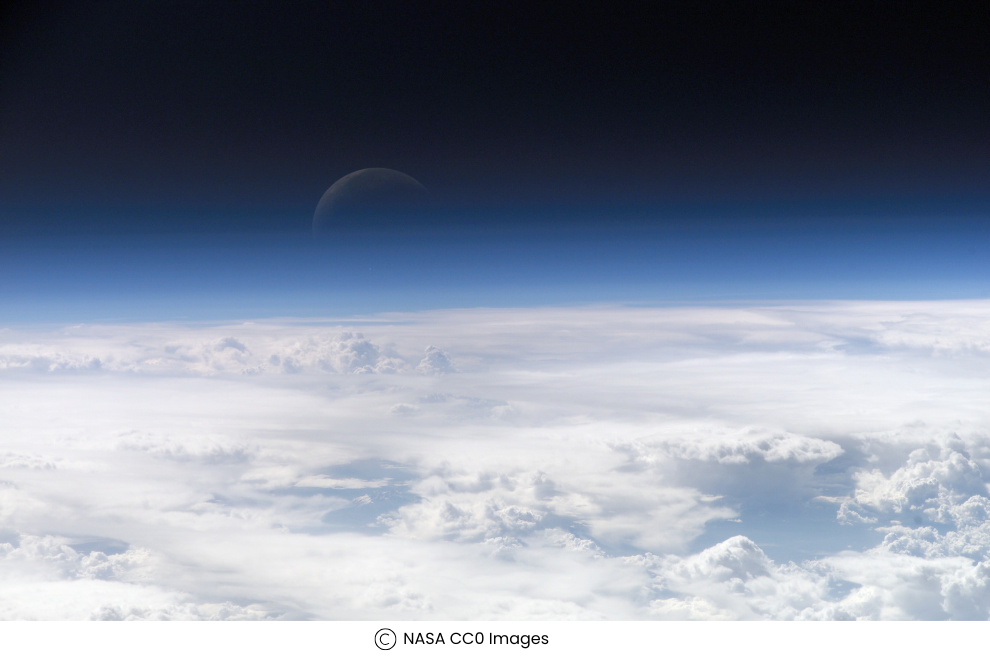
What it is: This project helps NASA study how clouds affect the Earth's climate by observing how cloud cover influences surface and air temperatures. It also looks at how cloud behaviour changes in response to global warming.
How to participate: Using the NASA Globe Observer app, travellers can record cloud cover, type, and timing during satellite flyovers. This data helps create a fuller picture of cloud dynamics and how they interact with climate systems on a global scale.
Oceanic Research:
1. Southern Ocean Observing System (SOOS):
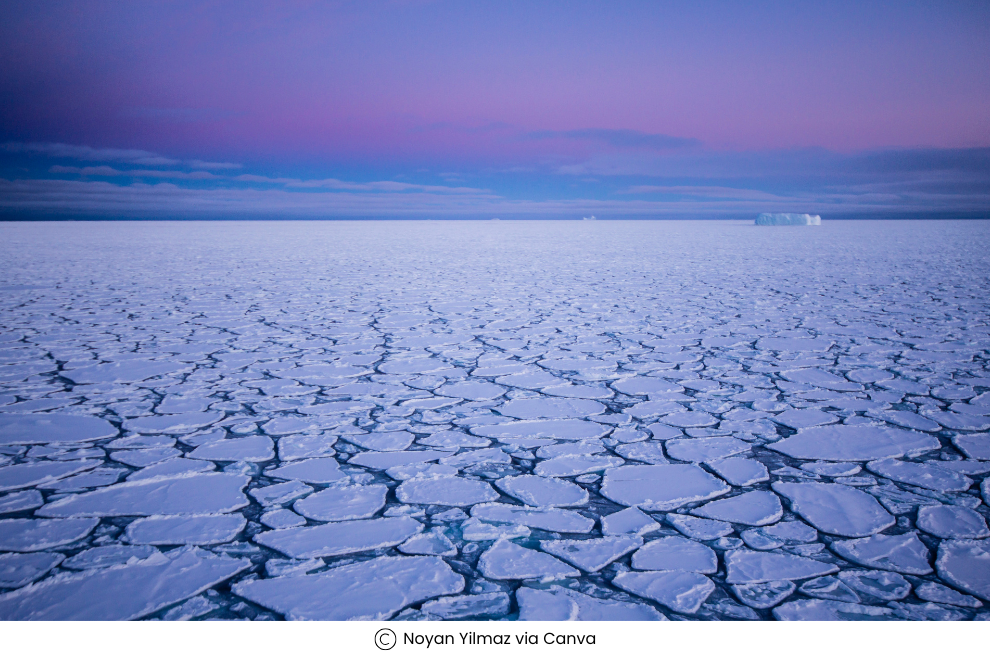
What it is: SOOS monitors the physical, chemical, and biological conditions of the Southern Ocean. Although it is primarily a professional research network, it encourages public participation to help expand its data collection efforts.
How to participate: Travellers can contribute by observing and reporting oceanographic conditions, such as sea surface temperature, marine wildlife sightings, or unusual weather patterns. This data helps researchers studying the Southern Ocean's role in regulating Earth's climate and supporting marine biodiversity.
Rethinking Travel In Antarctica
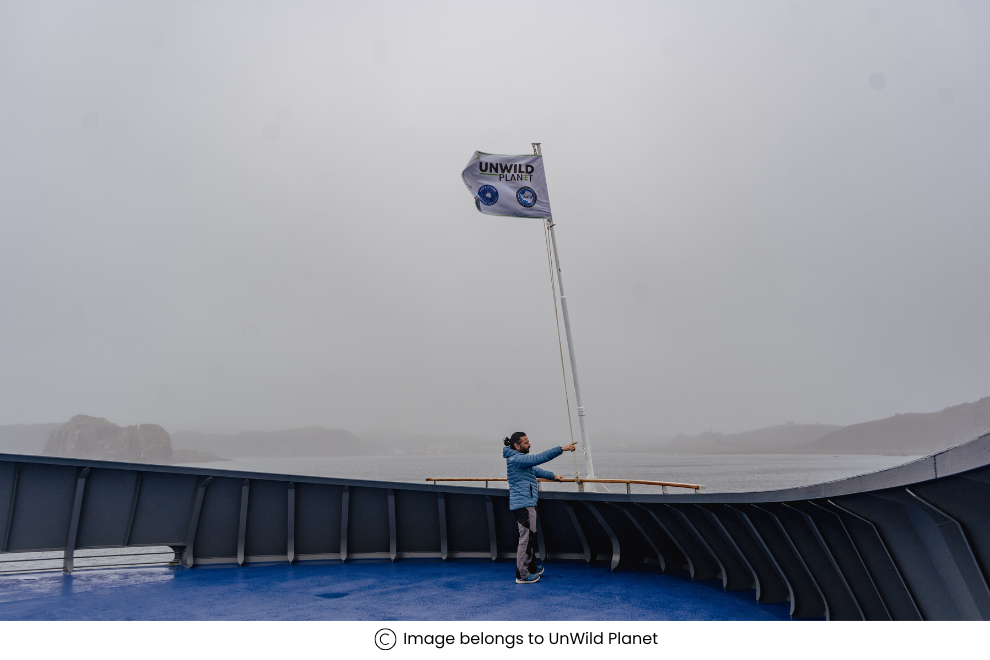
By involving in Citizen Science projects you get a first hand experience of how crucial climate change is and the intensity in which it has affected such remote and fragile ecosystems. It is then you realise how important it is to rethink travel and reduce our carbon footprints as much as possible. UnWild Planet is a travel partner whose motto is ‘Rethinking Travel’ and specialises in curating experiences that are meaningful yet thoughtful of the environment we travel to.
Here are a few steps that we take to rethinking travel.
- Visitor Limits:
Strict regulations control the number of visitors at specific landing sites, limiting ecological damage. Ships with more than 500 passengers are not permitted to land.
- Wildlife Protection:
Safety distance protocols are enforced - visitors must maintain at least 5 metres from wildlife and refrain from any contact.
- Waste Management:
Comprehensive waste protocols ensure no trace is left behind. Visitors are required to bring reusable items and follow stringent washing procedures for shoes, clothes, and gear to prevent non-native species introduction.
- Site-Specific Protocols:
Visitors adhere to unique guidelines that safeguard fragile ecosystems, including avoiding disturbance to study sites or field camps.
- Educational Briefings:
Pre-visit briefings educate travellers on responsible behaviour and environmental awareness, with materials such as IAATO’s Don’t Pack a Pest leaflet.
- Qualified Staff:
Trained personnel oversee adherence to guidelines and ensure visitor safety.
- Emergency Response:
Robust contingency plans prioritise safety and environmental protection in case of emergencies.
You may read more about the practices we follow on reducing carbon footprints by clicking here.
In ConclusionFrom being mere spectators to active participants, these Antarctic cruises offer opportunities that are endless. By observing environmental trends and patterns in the Antarctic, it gives scientists an understanding about its ecosystem, wildlife, and the impact of climate change on nature, and what the future holds for us. Engaging citizens in such projects helps them understand the situation better and thus developing a sense of commitment towards conserving and preserving this remarkable region!
Ready to embark on your next adventure? Fill out the form below and let our experts curate your dream getaway!
All Fields are mandatory*-
Related Tours
-
Recent Blogs
